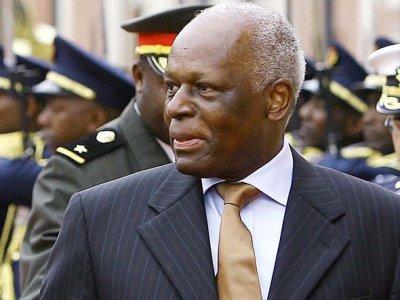The New Libya: What autocracy for the future? – By Edward Kannyo
THE NEW LIBYA: PLUS í‡A CHANGE?
The most recent political developments in Libya strongly support the sense that the country is quickly moving from one autocracy to another one. The only question is whether it will be theocratic, regional-ethnic or some combination of the two.
The slide into repression and authoritarianism has been highlighted by the recent publication of laws that immunize the former insurgents for the atrocities and crimes committed during the revolt, punish “any glorification” of Kaddafi, his regime, ideas or sons and prescribe life sentences for the spread of reports, “rumours,” or “propaganda” that “damages” the state. Libya is declared to be still at war; in effect, basic rights are suspended indefinitely. Anyone spreading information and rumours that “disrupt military preparations” or “weakens the citizen’s morale” is subject to imprisonment.
Other punishable “crimes” include “offending” the “17th February Revolution”, “insulting” Islam, the state or its institutions. In brief, opposition by former supporters of the old regime or anyone who could be roped into that category is outlawed.
The measures also provide for the confiscation of the properties of former Kaddafi officials as well as members of his family. There is no indication of any judicial or other due process that would precede the confiscations. Vengeance appears to be the key factor.
In the meantime, up to 8,000 people continue to be detained in various prisons without charge. Many of them are Sub-Saharan immigrant workers accused of being “mercenaries” but include supporters or suspected supporters of the old regime. In January, UN Human Rights Commissioner Navi Pillay affirmed what international media had been reporting for months, i.e. widespread torture of the prisoners. An undetermined number of them have died as a result. In March, a video appeared on the Internet showing Sub-Saharan African prisoners in a zoo cage being forced to eat the old Libyan flag.
The 30,000 Black Libyans, who were ethnically cleansed and exiled from their homes in the now deserted town of Tawergha by the Misrata militia, are probably the most notable citizen victims of the post-Kaddafi repression. According to reports, they continue to be hunted down, killed or imprisoned by the armed militias that are beyond any central control. International human rights organizations should seriously consider treating them as a seriously threatened group that requires special protection.
A recent report from Benghazi indicates that repression of immigrants extends beyond Sub-Saharan Africans. The Ganfouda detention center houses up to 400 inmates from Somalia, Bangladesh, Egypt, Syria, Eritrea, Nigeria, Ethiopia and Ghana. In this case, the “offense” is living in the country without official documents. The conditions are harsh. According to the IRI report, “Garbage lies scattered in the hallways of one of the buildings; detainees eat, sleep and use the toilet all in the same room. The food, which authorities say is provided three times a day, consists of one large bowl of spaghetti shared between groups of five people”.
A curious aspect of the report was the random use of captives on agricultural establishments. Under the circumstances, although they appear to be paid for work, it is difficult not to look at this arrangement as a form of slave labor since they are rotated from the detention center.
NATO forces that were the decisive factor in the destruction of the Kaddafi regime and state should not be allowed to behave like Pontius Pilate and look the other way in the face of atrocities and abuses. The have a moral obligation to prevail upon their erstwhile allies to maintain at least minimal human rights standards towards both foreigners as well as fellow Libyans who supported the old regime. the African Union, the Arab League, the European Union and the United Nations have a similar obligation to live up to their proclaimed commitment to the protection of human rights and the promotion of democracy.
Edward Kannyo is Associate Professor of Political Science at the Rochester Institute of Technology, New York, USA.







The problem is that NATO has no presence on the ground. Without that or the credible threat of new air strikes* NATO has no way to control events in Libya. All that’s left to pressure the Libyan government with is the threat of withholding aid money or political pressure on organizations that Libya wants to give the new government international legitimacy.
Ironically a U.N. peacekeeping force being dispatched to Libya before Qaddafi’s collapse might have been able to avert all this but that was something that no one on any side was willing to consider.
*Which have no chance of happening.